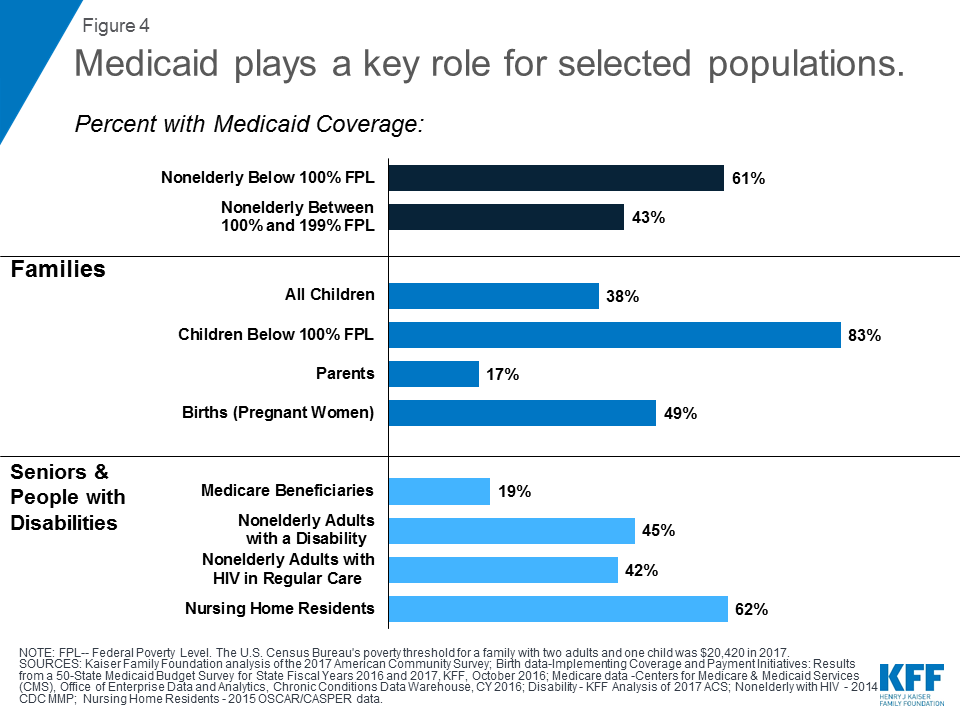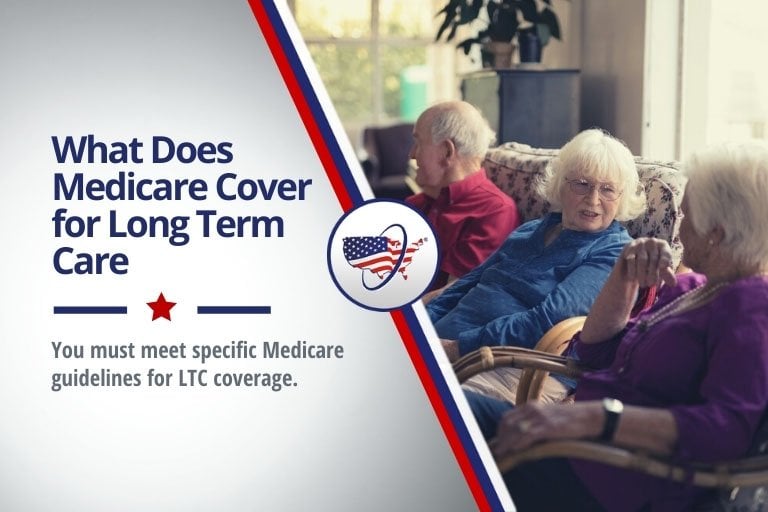Table of Content
The Medicaid reimbursement rate for nursing home care is approximately 70% of what a private payer pays. Medicare does not cover companion care, transportation, and meal delivery. Before Medicare covers skilled nursing home costs, you must have a qualifying hospital stay of at least three inpatient days prior to your nursing home admission. You must have inpatient status for at least three days; time spent in the emergency department or observation unit doesn’t count toward the three-day requirement.
However, this program is not open to those living in a facility; only patients living in a private home — their own or a friend’s or family member’s — are eligible. Additionally, the monthly income limit for eligibility is $1,062 — much lower than that of CHCPE, as we explain in detail below. As with hourly companion or home helper care, live-in care costs vary in different areas of the state and by specialty. Although home care is non-skilled care, some senior care providers have taken specialized training to best support those who require live-in services depending on their current health status.
Medicaid Coverage of Nursing Home Care | When, Where and How Much They Pay
A home helper will most often provide the same services as companions but also help maintain clients’ homes. An elder who no longer drives could use some help making trips to pick up groceries and medications and transportation to doctor’s appointments because their adult children have demanding work schedules. The entire family might benefit from having home care assistance one to two days a week to help with errands and transportation.
It is very important to do your own analysis before making any investment based on your own personal circumstances and consult with your own investment, financial, tax and legal advisers. Whether or not your estate must reimburse the government after your passingKnowing the differences between what the programs cover can help you navigate the maze of senior care and find viable solutions. Under the new policy, only people who are privately insured can seek rapid at-home test reimbursements. In the event that you find out the nursing home is not Medicaid-certified, you would have to transfer to a nursing facility thats covered by Medicaid.
Medicaid For Pregnant Non Citizens
You can sign up for those plans directly with the insurance provider (these aren’t government-run plans). Note that while Medicare Supplements and Medicare Advantage offer more coverage, you’ll have to pay an additional monthly premium. Personal care aides help seniors with their activities of daily living , which include bathing, dressing, eating, and transferring . You may also decide to seek the help of a personal care aide to solve a specific problem you’re facing aging in place; for example, a wife may need help assisting her husband get in and out of bed. Seniors can sign up for Social Security at least four months before turning 65 to have automatic access to Medicare. Seniors can also choose to enroll in Part B, routine medical care coverage, with the cost determined by income.

According to Genworth Financial, the average cost of home health care in the United States is approximately $26 per month. As we discussed above, costs can deviate from this average, sometimes significantly, in your area. The real cost will depend on the cost of living and how many medical professionals are in the area.
How and when Medicaid can pay for a nursing home
In order to qualify for Medicaid, individuals must be able to prove that they require a level of care that meets certain criteria or requires a level of personal care assistance. While every states Medicaid program covers nursing home care for all eligible applicants who need it, some states have expanded their coverage. It can now include other types of long-term care, such as home and community-based services and assisted living.
Plan K pays for about 50 percent of the coinsurance and Plan L pays for 75 percent of coinsurance. Medicare may also cover something called “swing bed services.” This is when a person receives skilled nursing facility care in an acute-care hospital. If you live in a nursing home, you may be able to enroll in a Medicare Advantage Special Needs Plan, which has benefits designed to best serve residents of a long-term care facility. These plans include Part D prescription drug coverage and may be more affordable than other Medicare plans. You may also qualify for a Special Needs Plan if you are on both Medicare and Medicaid. Medicaid can potentially pay for a nursing home and cover certain services pending financial eligibility and whether the service is deemed medically necessary.
Types Of Waiver Programs
If you like your doctor, ask if they provide services for any local nursing homes. If you have a preexisting condition, ask if coverage is limited or more expensive. In addition to income, Medicaid also takes some of your assets into account, including bank balances, CDs, stocks and bonds, secondary property (non-primary residences), and non-primary vehicles. You can check Medicaid eligibility and find approved providers in your state on Medicaid's website. Hospital-related medical condition treated during a qualifying stay. We had contemplated updating our will and starting a trust for a number of years.

Even if you financially qualify for Medicaid, there may be copays for some services that youll need in long-term care. Especially when it comes to nursing home coverage, its important to understand the differences between Medicare and Medicaid. Medicare Part B covers the service of physicians and other medical professionals such as nurse practitioners, nurses, respiratory therapists, and physical therapists. These services are covered regardless of location the fact that they are provided in a SNF, ICF, or in a custodial care facility is irrelevant.
Qualifications for covered nursing home care vary by state, though. Unlike Medicare, which is managed federally, Medicaid is managed by the states and based on income. It is also possible to qualify for dual coverage for both Medicare and Medicaid. With dual eligibility, Medicare will pay for covered medical services first, and Medicaid will cover any remaining expenses. If you or a loved one require long-term personal or medical care, you may be wondering what is covered and what isnt under federal and state programs such as Medicare and Medicaid.

If you or a loved one are Medicare recipients and facing the possibility of needing nursing home care, it is important to know all your insurance options ahead of time. If you do not have the financial means to pay out-of-pocket for nursing home care after your Medicare coverage ends, you may be able to get help from Medicaid. When considering applying for Medicaid, many individuals want to know the cost of nursing home care in their geographic area. At the time of writing (Mar. 2022) , the nationwide average daily cost for a shared room is $260. A “shared room” is important because typically Medicaid will only pay for shared rooms, not private rooms. According to Genworth Financial, home care costs an average of $25 an hour for personal or companion care and $26 an hour for home health care.
After attending a talk by Scott Schomer we realized we were long overdue and the potential downside of not having our affairs in order was significant. Scott and his excellent team made the process simple and seamless. They were great listeners, addressed all our concerns and even pulled and processed all the paperwork from our financial institutions. If you are looking for assistance with estate planning, wills and trusts, we highly recommend Schomer Law Group. Medicare enrollees who currently need home health care or predict they may need home health care in the future.
If you need personal care and home health care and receive them both from the same Medicare-approved provider, in-home personal care should be covered. Medicare also covers personal care assistance if you’re also receiving one of the above services; personal care assistance is only covered when delivered in tandem with home health care services. You must also be homebound, but are allowed to leave home for medical treatments or short, infrequent non-medical errands, like attending religious services. When it comes to Medicare coverage of in-home care, it is crucial to distinguish between standard home care and home health care.









